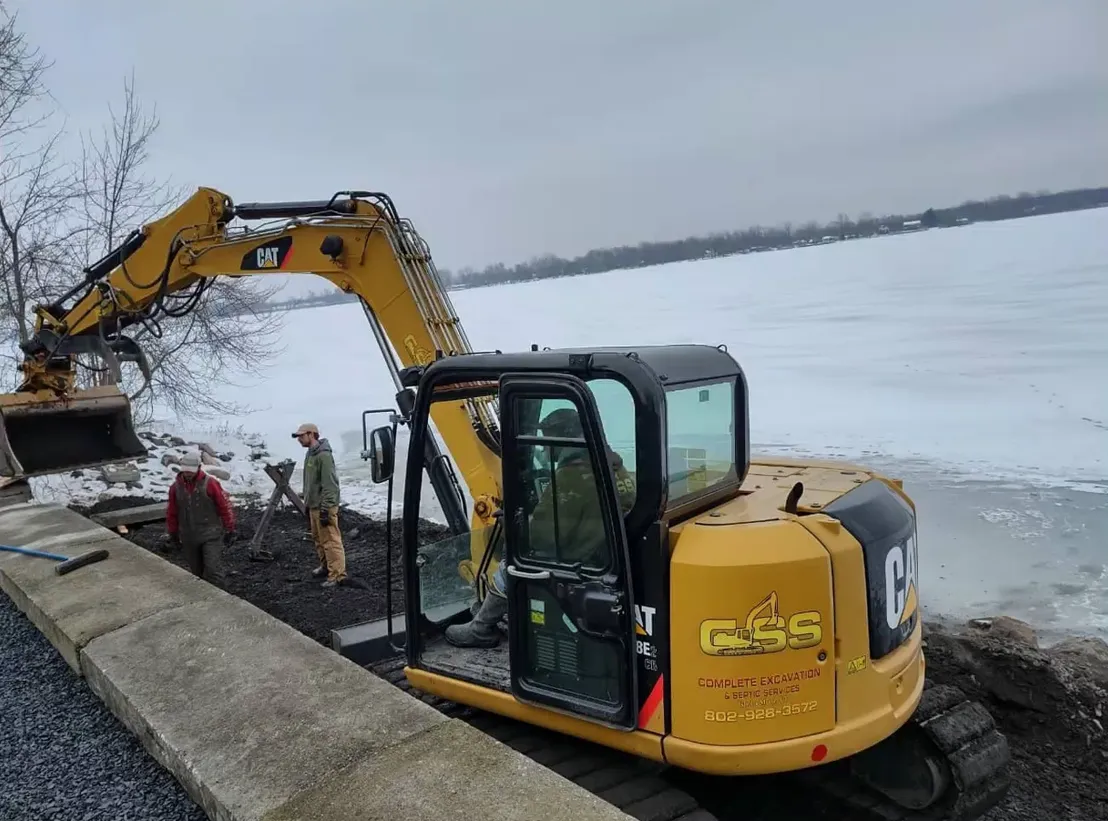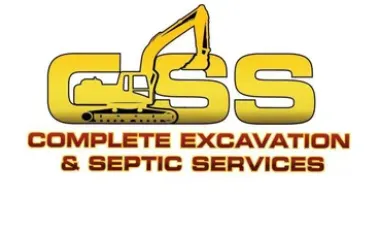
Proudly Serving Parts Of:
Grand Isle, Franklin & Chittenden Counties, VT
and Clinton County, NY

Expert Excavation Services in Grand Isle County, Vermont: Your Ultimate Guide
Comprehensive Guide to Excavation Services Near Grand Isle County, Vermont
If you're considering excavation for your next project in Grand Isle County, Vermont, understanding the basics of the process and finding a reliable contractor are crucial. Excavation is a fundamental step in construction and landscaping, involving the removal of earth and rock to prepare a site for building or landscaping. This blog aims to provide valuable insights into excavation services in the area, addressing common questions and offering tips for choosing the right professional.
What Is Excavation?
Excavation involves several key processes to prepare a site for construction or landscaping. It typically includes:
Site Preparation: Clearing the area of vegetation, debris, and other obstructions.
Earth Moving: Removing soil, rock, or other materials to create a level base or to make room for foundations and utilities.
Grading: Ensuring the ground is properly sloped and even to support the construction project.
These activities are essential for ensuring the stability and longevity of structures and landscapes.
Common Excavation Services
In Grand Isle County, Vermont, excavation services can vary depending on the project's needs. Common services include:
Foundation Excavation: Preparing the ground for foundations by removing soil and rocks.
Trenching: Digging trenches for utilities such as water, sewer, and electrical lines.
Land Clearing: Removing trees, stumps, and other obstacles to make way for construction.
Grading and Drainage: Shaping the land to direct water flow and prevent erosion.
Why Is Excavation Important?
Excavation is vital for several reasons:
Stability: Proper excavation ensures a stable base for construction, reducing the risk of settling or shifting.
Drainage: Effective grading and drainage help prevent water accumulation and erosion, protecting your property.
Preparation: Accurate site preparation allows for the installation of utilities and other infrastructure.
How to Choose the Right Excavation Contractor
Selecting a reliable excavation contractor in Grand Isle County involves several considerations:
Experience and Expertise: Look for contractors with experience in the type of excavation you need. Check their track record and ask for references.
Equipment and Technology: Ensure the contractor has modern, well-maintained equipment suitable for your project.
Licensing and Insurance: Verify that the contractor is properly licensed and insured to protect yourself from potential liabilities.
Cost Estimates: Obtain detailed estimates from multiple contractors and compare them. Be cautious of bids that are significantly lower than others, as they may indicate subpar work.
Common Questions About Excavation
1. How long does excavation take?
The duration of excavation depends on the project's size and complexity. Simple tasks, like clearing a small area, may take a few hours, while large-scale projects, such as foundation excavation for a new building, can take several days or weeks.
2. What factors affect excavation costs?
Several factors can impact excavation costs, including the size of the area to be excavated, soil conditions, and the complexity of the project. Additional costs may arise from the need for special equipment or techniques.
3. Do I need a permit for excavation in Grand Isle County?
In most cases, excavation work requires a permit. Contact the local planning or zoning department in Grand Isle County to determine the specific requirements for your project.
4. How do I prepare my site for excavation?
Before excavation begins, ensure the site is clear of any structures, vegetation, or debris. Mark any utilities or underground structures to avoid damage during excavation.
5. Can excavation affect my property's drainage?
Improper excavation can impact drainage by altering the natural flow of water. A professional contractor will take measures to ensure proper grading and drainage to prevent future issues.
6. What should I do if I encounter rock or other obstacles during excavation?
If unexpected obstacles are encountered, such as large rocks or buried debris, the contractor may need to use specialized equipment or techniques to address the issue. This can affect the project's timeline and cost.
7. Is excavation covered by homeowners' insurance?
Homeowners' insurance typically does not cover excavation work unless it is part of a broader claim related to property damage. Consult with your insurance provider to understand your coverage options.
Conclusion
Excavation is a critical aspect of many construction and landscaping projects, and understanding the process can help you make informed decisions. By choosing a reputable contractor and preparing your site properly, you can ensure a smooth excavation experience. If you have any more questions or need assistance with your excavation project near Grand Isle County, Vermont, don't hesitate to reach out to local professionals who can provide expert guidance and services.

Hours:
Mon - Fri 9:00 am - 5:00 pm
Extended hours by appointment only.



All rights reserved | Privacy policy | Client Support Area
Disclaimer: Septic inspection credit is applied to septic installations only and must be redeemed within 7 days after a written quote provided upon state acceptance of design.
Disclaimer: Septic soil test credit is applied to septic installations only and must be redeemed within 7 days after a written quote provided upon state acceptance of design.